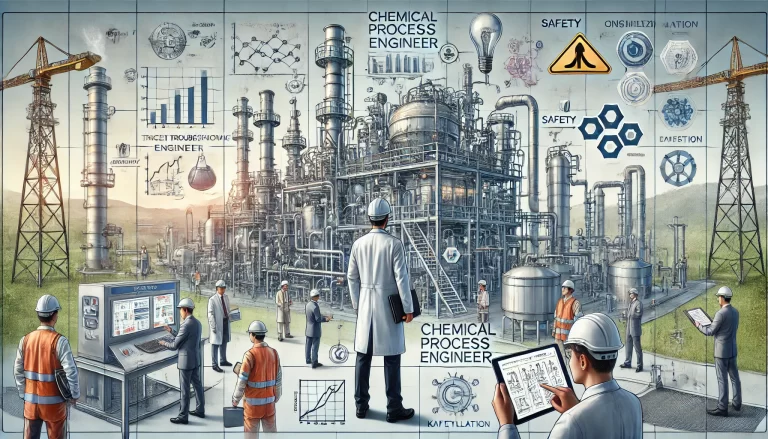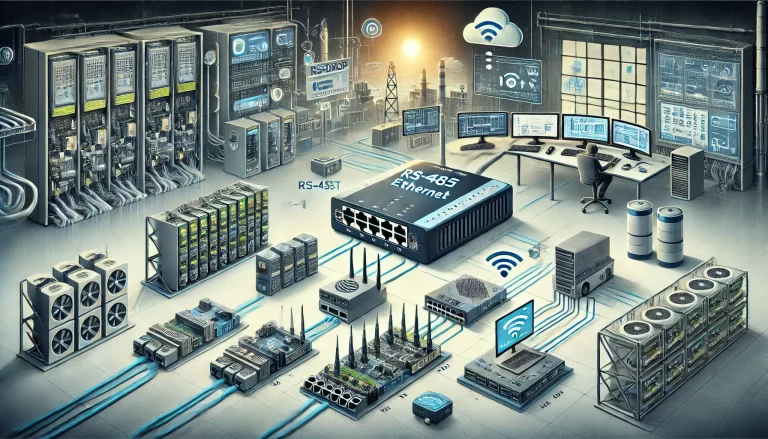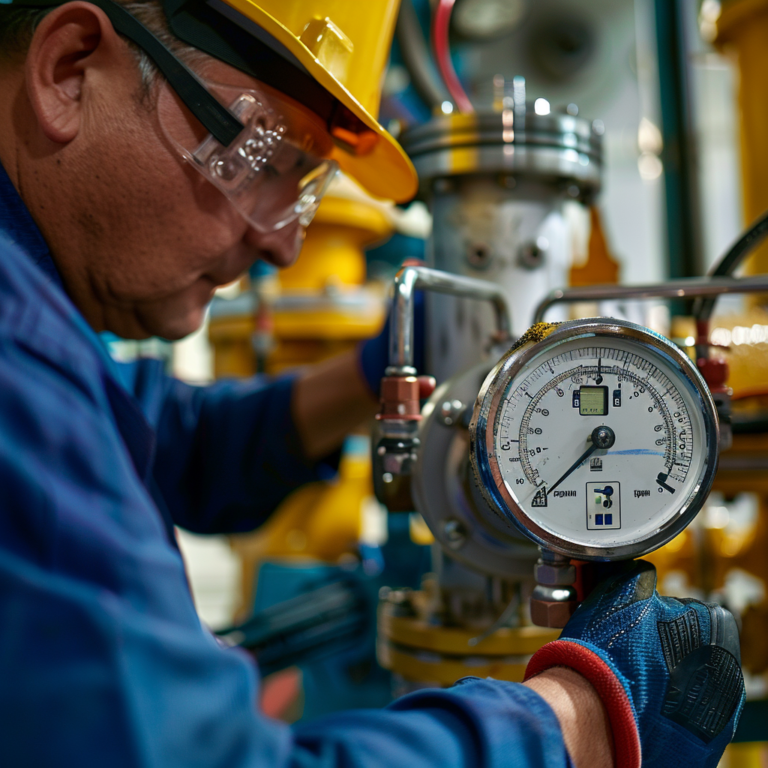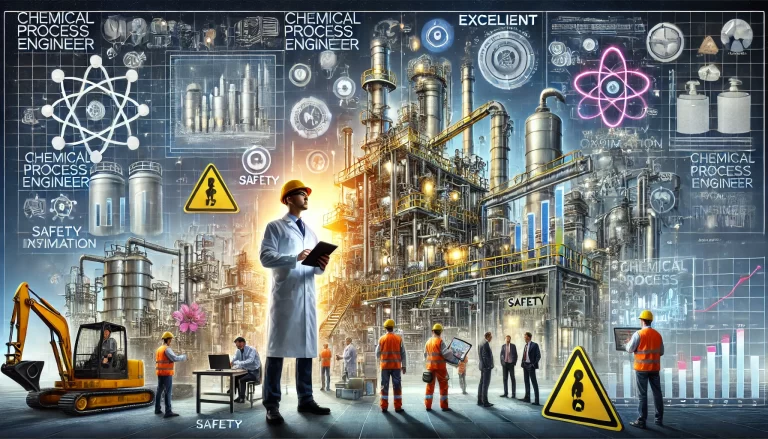Becoming an outstanding chemical process engineer requires dedication, technical expertise, and continuous learning. It is not merely about fulfilling routine responsibilities; instead, it involves excelling in diverse areas of production, safety, and management. This guide outlines the essential tasks, skills, and habits necessary to develop into a distinguished professional in the field.

Key Responsibilities of a Chemical Process Engineer
Technical Support for Production:
- Provide on-site technical guidance to ensure smooth production operations.
- Troubleshoot process issues to optimize efficiency.
Process Innovation and Development:
- Lead efforts in process improvements and technical upgrades.
- Draft proposals for research and development (R&D) projects.
Safety Management:
- Participate in risk assessments and safety audits.
- Develop and implement safety measures for equipment and processes.
Incident Investigation and Analysis:
- Analyze industrial accidents to identify root causes.
- Propose corrective actions to prevent recurrence.
Training and Documentation:
- Train plant personnel on process operations and safety procedures.
- Maintain technical documentation and internal archives.
Coordination with Design Teams:
- Act as the liaison between process teams and external design firms.
- Coordinate engineering projects across multiple departments.
Quality Control and Optimization:
- Support quality management programs and guide teams in problem-solving.
- Draft operating procedures for plant start-ups and shutdowns.

Essential Skills and Knowledge Areas
Core Scientific Knowledge:
- Inorganic and Organic Chemistry: Understand the chemical composition and reactions crucial for process design.
- Thermodynamics and Physical Chemistry: Master the principles governing energy changes and chemical behavior.
- Polymer Engineering: If working in polymer industries, study polymerization processes to optimize reactor design.
Process Engineering Techniques:
- Chemical Process Principles: Learn fundamentals like fluid dynamics, heat transfer, and mass transfer.
- Reaction Engineering: Develop skills in reactor design and process optimization.
- Process Design Packages: Familiarize yourself with design tools and software like Aspen or PRO/II.
Equipment and Instrumentation:
- Understand the function and operation of pumps, heat exchangers, and reactors.
- Gain proficiency in process control systems like DCS (Distributed Control Systems).
Safety and Risk Management:
- Master safety frameworks such as HAZOP (Hazard and Operability Study).
- Study industry safety standards and regulations to maintain compliance.
Management and Communication Skills:
- Develop project management competencies to efficiently handle engineering tasks.
- Learn to communicate effectively with cross-disciplinary teams and external partners.
Digital Literacy:
- Use AutoCAD for plant design and simulation tools for process optimization.
- Develop skills in programming languages like Python for data analysis and automation.

Building Effective Work Habits
Stay Close to Operations:
- Engage actively with field operators to learn practical insights.
- Familiarize yourself with equipment layouts to handle emergencies better.
Knowledge Management:
- Maintain organized technical records and continuously review past projects.
- Stay updated by following industry forums, blogs, and technical publications.
Pursue Continuous Learning:
- Attend industry conferences and engage in knowledge-sharing platforms.
- Develop expertise in related fields like mechanical or electrical engineering.
Promote Innovation:
- Question existing processes and explore innovative solutions.
- Use analytical methods to assess improvements scientifically.
Foster Collaboration and Communication:
- Collaborate with other departments to align objectives and resolve issues.
- Build strong networks with external partners and regulatory bodies.

Conclusion
An exceptional chemical process engineer is distinguished by their technical expertise, leadership abilities, and dedication to continuous improvement. They go beyond the routine, driving innovation and ensuring safety and quality in every process. With a foundation in both technical and managerial skills, these engineers play a crucial role in advancing industrial operations and achieving sustainable growth. Through disciplined work habits and a commitment to lifelong learning, any aspiring chemical process engineer can reach the top of their profession.
